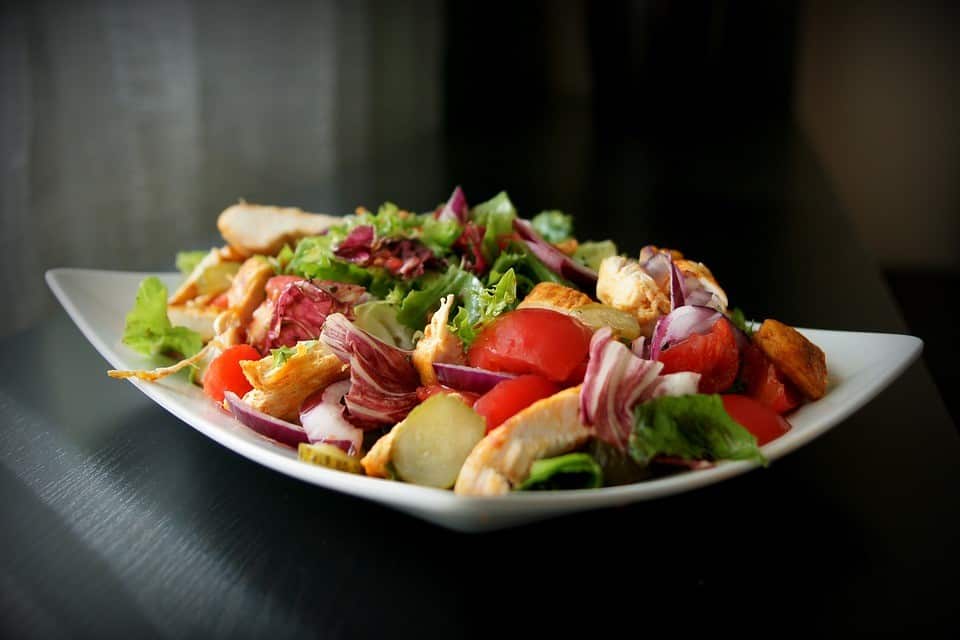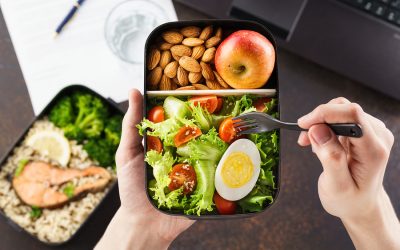What are zero-calorie foods? How do they help in reducing weight and burning excess fats in the body? Zero calorie foods include fruits and vegetables with high nutrient concentration. The foods have been found to burn excess fats when consumed and digested in the body.
Calories burned in the body should be equivalent to the total amount of food you consume. Zero-calorie foods are healthier than those high in calories. They also keep you full for a longer period of time without having to consume a lot of calories. Therefore, you do not have to worry about consuming large quantities of zero calorie foods.
Below are our top list of zero calorie foods you can included in your diet:
1. Watermelon
Watermelon is naturally sweet, but low in calories. A cup-full served watermelon provides about eighty calories in the body. It contains arginine and amino acids that assist in weight loss. Research has found that people with obesity and feeding on supplements of arginine, gain more lean muscles as they lose weight.
Watermelon also has antioxidant properties. However, due to the high sugar level in watermelon, it should be eaten in moderation. It has high water content to make you feel full for longer. Therefore, you will not have to eat frequently, leading to weight loss.
2. Asparagus
Consuming a cup full of asparagus provides your body with forty calories. It assists in removing excess water from your body, hence acts as a diuretic from a natural source. Asparagus has asparagine, an alkaloid chemical substance that aids in weight loss by breaking down fat cells and tissues.
Asparagus is also rich in vitamins A, K, folate, fiber and B complex. Vitamin B complex assists in metabolizing starch and sugar, hence regulating blood sugar level in the body.
It provides potassium against chronic diseases such as cancer, inflammation and type II diabetes. Asparagus can be eaten as a vegetable salad, grilled, wrapped in bacon or a satisfying meal.
3. Apples
Apple is a totally zero calorie food as it burns more calories than the amount ingested. An apple contains one hundred calories but needs about one hundred and twenty calories for its digestion. Peels of apples has pectin, an insoluble fiber, which boosts metabolism and reduces appetite. It also has frolic acid to prevent you from gaining extra weight.
If you want to prevent yourself from taking junk food, eat apples in the evening. Apples are healthy as they contain vitamins, minerals and antioxidants. They also have fiber that helps prevent constipation.
4. Grapefruit
Grapefruits aren’t so low in calories, but contain naringenin, an antioxidant which stimulates the liver to metabolize fats in your body. Per 100 grams of grapefruit serving, you’ll consume 42 calories. Grapefruit assists in removing excess water in the body, thus prevents clotting. It also helps maintain a low waist to hip ratio.
Grapefruits are rich in vitamin C hence oxidizes fats 25% more than foods with low vitamin C levels. Grapefruits have similar nutritional value as oranges except for their sour taste.
5. Cucumber
Cucumber is a vegetable with natural low calories, vitamins and minerals. A cup of cucumber has 15 calories. It contains vitamin C, K, silica and potassium. Silica assists in building connective tissues in the body. Consuming small quantities of cucumber can leave you full for longer due to its high water content.
If you are hungry, take cucumber slices as a snack. Cucumber is rich in soluble fibers that assist in improving bowel function. Therefore, it should be eaten whole together with its skin. Cucumber is rich in polyphenols, compounds responsible for reducing cancer or stress levels in the body.
6. Broccoli
A cup of broccoli has 25 calories. It is also enriched with vitamin C and fiber. Broccoli can be eaten raw, fried or steamed without losing its high nutritional value. It contains both insoluble and soluble fibers to keep the digestive system healthy.
Cancer of the large intestine can be prevented by consuming broccoli. It is protein in nature hence helps build lean muscles. It also helps reduce stress, detoxifies the body and minimizes body inflammation.
7. Green Leafy Vegetables
Green leafy vegetables are low in calories, with a cup full containing only 4 calories. They contain vitamins A, C, K, calcium, potassium, phosphorus, zinc, magnesium, iron and antioxidants. Consuming green leafy vegetables daily increases the body’s ability to fight cancer.
Green leafy vegetables help prevent chronic diseases such as heart diseases, cancer and bone diseases such as osteoporosis. They can be consumed raw in salad or steamed. They protect you from adding unnecessary fats in the body.
8. Green Tea
Unsweetened green tea contains zero calories. It also helps reduce the risk of acquiring chronic diseases such as cancer and heart diseases. It boosts metabolism to help burn calories in the body. Research shows that people who drink green tea on a daily basis lose more weight and tummy fat than those who do not drink the beverage.
9. Carrots
Carrots are a type of root vegetables with up to 50 calories. They’re crunchy in nature. The root vegetable is rich in magnesium, potassium, folates and antioxidants, assisting in reducing chronic diseases. Carrots help reduce blood sugar level in the body. It also has diuretic properties to facilitate the removal of excess water and sodium from the body.
10. Lemons
Lemons are acidic and have a tart taste. It is recommended to drink lemon juice with warm water every morning to help boost metabolic activities of your body. It contains antioxidant and vitamin C to help fight infections and boost the immune system.
11. Tomatoes
Tomatoes are some of the healthiest foods with low calories and high soluble fiber content. It is also rich in essential nutrients and minerals. Tomatoes can be eaten as a salad, in a normal dish or as a snack. It contains folates your body cells need to grow.
It has electrolyte potassium to help in transmission of nerve impulses. It also helps in the manufacture and repair of DNA. Every 100 grams of tomatoes contain 17 calories.
Mediplan Diet Services, a medically supervised weight loss clinic, specializes in helping people lose weight by making lifestyle modifications. Schedule an appointment at Mediplan Diet to get started.
Contact us to find out more about healthy, zero-calorie foods you need to include in your diet for successful weight loss.
Learn More Weight Loss Tips and Tricks Here!
Understanding Calorie Consumption: How to Eat Smart for Weight Loss
When it comes to weight loss, understanding calorie consumption is crucial. Calories are the energy your body needs to perform everyday functions, from breathing to physical activity. Consuming more calories than your body needs leads to weight gain, while consuming...
Personalized Weight Loss Plans: The Key to Sustainable Success
In a world filled with one-size-fits-all diet plans and quick-fix weight loss solutions, it's easy to feel overwhelmed and skeptical about what truly works. At MediPlan Diet Services, we believe the key to sustainable weight loss lies in personalized treatment plans...
Effective Exercise Plans for Weight Loss: Finding the Right Fit for You
Embarking on a weight loss journey involves more than just dietary changes; incorporating the right exercise plan is crucial for achieving and maintaining your goals. Exercise not only burns calories but also boosts metabolism, builds muscle, and improves overall...




